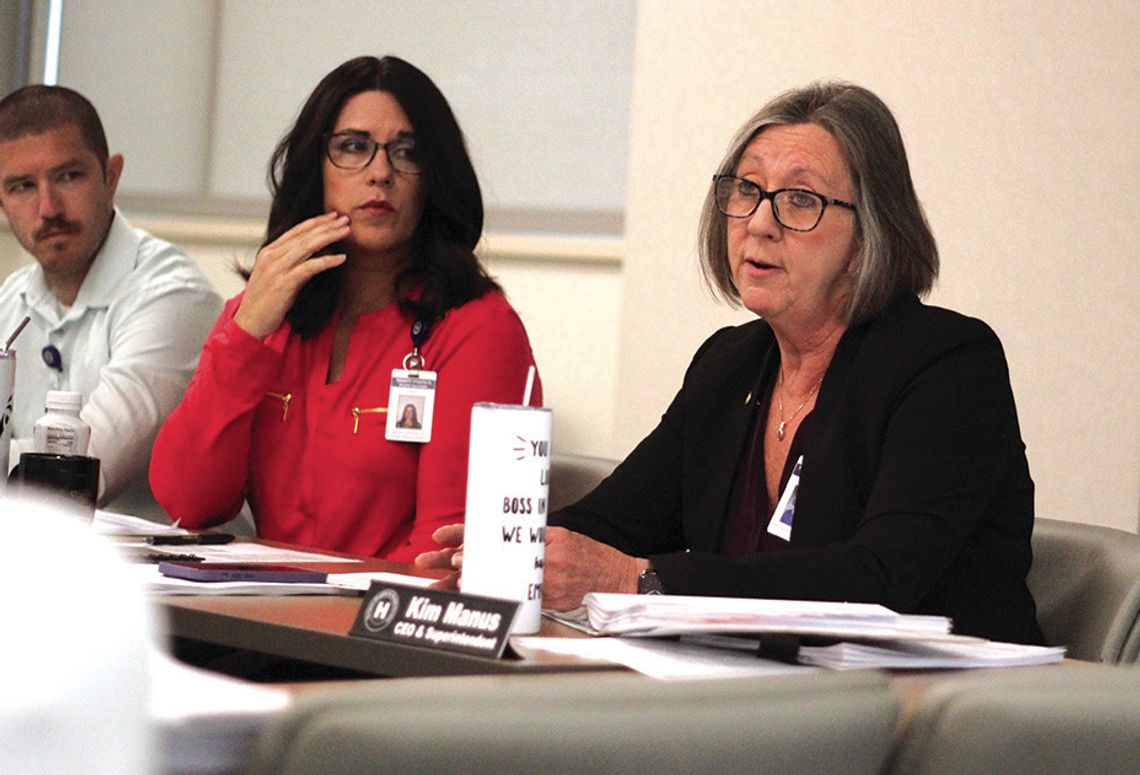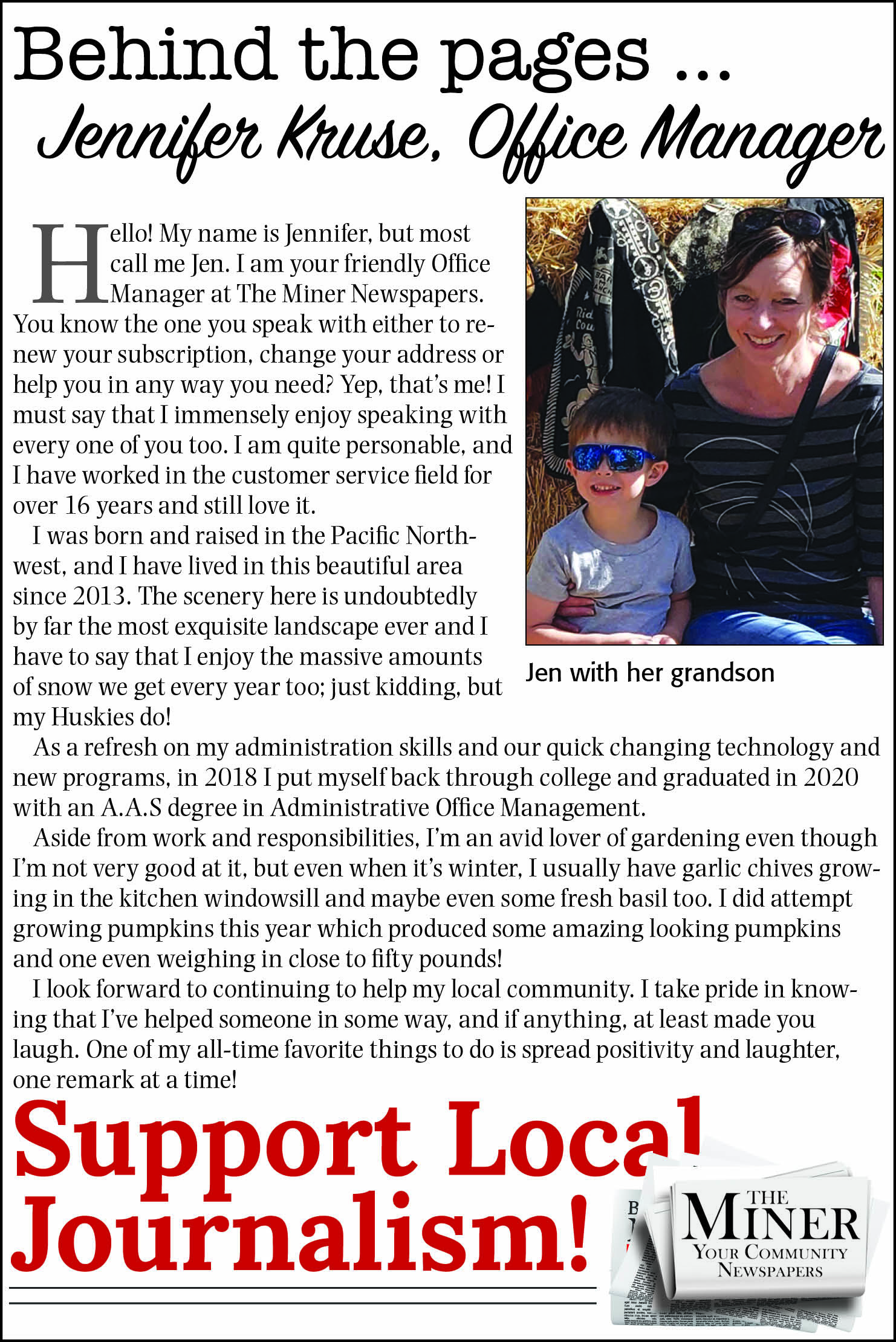NEWPORT – Small hospitals have been a target of cyber criminals, hospital district CEO Kim Manus told Pend Oreille Hospital District No. 1 commissioners at their regular meeting Thursday, July 24.
“Cyber security has become a huge thing within the region,” Manus said. Newport Hospital and Health Services belongs to a rural hospital The Rural Collaborative with other small rural hospitals. Last year there were four incidents within that group.
“They’re small hospitals, they’re like us,” Manus said. “Some of them were down and had no access to systems for several weeks.”
While Newport is constantly probed by hackers, it hasn’t had an incident yet.
“It is scary,” Manus said.
Because of the four claims generated by cyber-attacks, the group’s insurance carrier dropped excess coverage for the collaborative. That means the group will have to decide whether to purchase new insurance in excess of their regular insurance. The insurance used to cover $21 million in excess claims and that level wasn’t reached before the carrier dropped them. Now the group is looking at insurance that would cover $28 million or $35 million in claims. Manus said it’s all or nothing for the coverage, meaning all the hospitals would have to agree.
Manus said small hospitals are targeted because they didn’t have a lot the safety measures that they should. The hospital district recently hired a fulltime network security analyst to prevent a cyber-attack. One of the things recommended was discontinuing using thumb drives in hospital computers.
Newport hospital is benefitting from long wait time for some tests in Spokane and elsewhere, Manus told commissioners. Some Spokane health providers have stopped scheduling some things like colonoscopies and endoscopies. They were sending letters saying that such procedures couldn’t be scheduled right now and to try again six months later.
“We are starting to see patients migrating out from the urban areas,” Manus said. “We’re starting to see things are tight in Spokane.”
Spokane keeps migrating north and Coeur d’Alene is migrating west, commissioners were told.
Commissioners also heard an independent auditor’s report from DZA Auditors and Compliance of Spokane Valley. She said there were no findings of anything wrong in the financials.
“I’m happy to say it was a clean opinion,” the auditor reported.
The hospital district had 122 days cash on hand at the end of the year, the auditor said. She said compared to peer hospitals Newport was on the higher end.
“I go to a lot of hospitals and I’m begging them to get at 90 days,” she said.
Regarding the comparison between purchasing new equipment and depreciation of existing equipment, the auditor said Newport’s numbers over five years came in at less than 100%, meaning that Newport depreciated more than it purchased.
“What that can indicate is aging of a facility,” she said.
Newport didn’t have an unacceptable amount of long-term debt, she said.
“What that means is you have a strong bottom line, you have strong cash, and you are in a better position, if you need to, to take on additional debt,” she said.
Manus spoke to the board about U.S. Rep. Michael Baumgarner’s recent column in The Miner about President Trump’s One Big Beautiful Bill Act and its effects on Medicaid.
“Some of those things in the article were accurate and some were inaccurate,” Manus said. Baumgartner said that OBBBA would not have an impact on access to health care. Manus said it is reducing access to healthcare.
By 2027, patients covered by Medicaid expansion, which Washington enacted years ago under the Affordable Care Act, will have to prove they are eligible to keep their healthcare every six months.
“One of the challenges we have is reaching out to patients and getting them to complete that paperwork,” Manus said.
She had several other concerns about what Baumgartner wrote and would contact his office to clarify some things she thought he got wrong.
.png)














